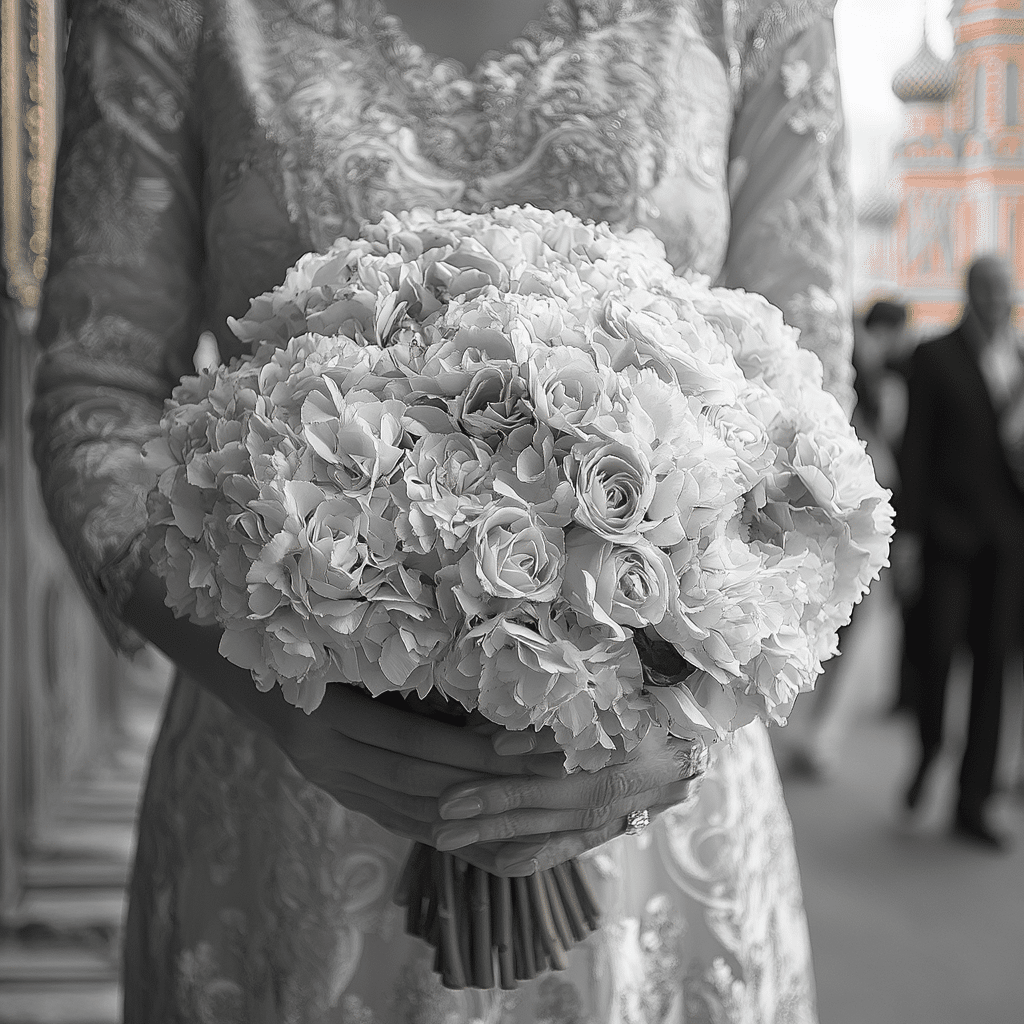Ever found yourself in a situation where a simple “thank you” feels inadequate? Well, if you’re diving into the world of Russian culture, understanding how to say “thank you in Russian” is essential. It’s not just about the words; it’s about the sentiment behind them. Saying “thank you” can be a game-changer in social interactions. Plus, mastering this aspect of communication can help you connect on a deeper level, whether you’re sipping vodka at a bar in Moscow or chatting with a Russian business partner.
So, let’s roll up our sleeves and explore the seven fascinating ways to express gratitude in Russian. This journey not only enriches your vocabulary but also illuminates how different cultures appreciate kindness. Trust me, it’s a valuable skill for any modern man looking to navigate today’s global landscape.
7 Ways to Say Thank You in Russian and Their Contextual Use
Saying “thank you” in Russian can get more nuanced than just tossing around the standard phrases. Here’s your guide to knowing when to drop the right words that leave a lasting impression.
The bread and butter of gratitude, “спасибо” is your go-to phrase in most situations. Use it at a café when your barista hands you a hot cup of coffee or when your buddy holds the door for you. Coupling it with a nod or a smile ups the sincerity factor.
This one’s like going from a light drizzle to a torrential downpour of gratitude. “Thank you very much” is more heartfelt and perfect for those moments when someone really helps you out—like when they rescue you from a dull conversation by deftly changing topics.
Specificity is the name of the game here. When someone’s given you a helping hand—maybe helped you figure out the subway system—this phrase shows you’ve taken note. Personalizing your gratitude creates rapport.
Get a little formal with “I am very grateful to you.” This phrase shines in more serious contexts. If a colleague goes above and beyond to help you with a project, use this to emphasize just how much you appreciate their effort.
This elegant phrase means “with gratitude.” It’s particularly effective for written communication, like thank-you notes after a dinner party. You’ll want to whip it out when you’re expressing deeper sentiments, and you want to up your game beyond verbal thanks.
If someone’s been your rock during tough times, expressing “thank you for your support” shows depth. This phrase thrives in intimate circles where emotional connections matter—think heartfelt chats over drinks after a tough breakup.
Here’s your blanket statement of gratitude: “thank you for everything.” This one comes in handy when you feel immense appreciation for a friend who stood by you through thick and thin, or after a wild trip where everyone chipped in. It’s perfect for those moments of camaraderie.

Expanding the Gratitude Vocabulary: Thank You in Other Languages
Why limit yourself to just “thank you in Russian”? Broaden your linguistic palette, and you’ll find different yet equally meaningful ways to express gratitude. Let’s take a quick jaunt around the world and see how gratitude is expressed globally.
Expressing Thanks Globally
Picture this: You’re at a bustling market in Cairo. Saying “shukran” while flashing a warm smile can foster goodwill. It’s more than just a phrase; it’s a bridge that connects you with the locals.
Whether you’re chatting at a trendy café in Lisbon or soaking up the sun at a beach in Rio, use “obrigado” (for men) or “obrigada” (for women). It reflects cultural nuances and skillfully connects you to the vibrant Portuguese-speaking world.
The Sweetness of Incorporating Gratitude in Everyday Situations
Imagine you’re giving a toast at a holiday gathering. Saying “Merry Christmas” in Spanish—now, that’s “Feliz Navidad”—combined with a sprinkle of gratitude for friendship can create a festive atmosphere. It transforms a simple greeting into a cherished exchange, strengthening bonds around the dinner table.
The Power of Gratitude in Communication
Gratitude isn’t just good manners; it’s a social powerhouse. Studies have shown that expressing thanks can massively boost your social interactions and relationships. Research from esteemed institutions like Harvard University highlights that a simple “thank you” brings people closer—whether uttering “thank you in German” (Danke schön) or using “please in Spanish” (por favor)—these phrases can pave the way for collaborative endeavors.
In Russian culture, using varying forms of “thank you” shows respect. Emphasizing extra sincerity can be one of the keys in developing tight-knit networks, whether you’re trading ideas or strategies in a conference room or grabbing drinks after hours.

Cultivating a Grateful Attitude Beyond Words
Let’s get real: words are just the start. It’s often the actions that speak louder. A thoughtful gesture, like bringing Citronella Candles to a summer gathering can enhance your expression of gratitude. Such acts, coupled with the right “thank you in Russian, create memorable experiences.
Communities worldwide thrive on shared expressions of gratitude. By blending cultural practices with talk about appreciation, you can cultivate a more empathetic and interconnected existence. Your friends, family, and those around you will feel valued.
Embracing a Global Perspective on Gratitude
As we wrap this up, remember that understanding “thank you in Russian” and nuances across languages bridges cultural gaps. Whether you’re in a formal meeting in Moscow, chatting at a café in Lisbon, or enjoying festivities with friends, gratitude remains a universal language.
Expressing thanks in various languages not only enhances communication skills but also reinforces our common humanity. So, when you’re faced with an opportunity to express gratitude, seize it! Whether through a sincere “thank you” or thoughtful actions, make the world just a little brighter.
There you go, gentlemen! Next time you’re navigating social situations, remember these phrases, and put them into practice—because gratitude, my friends, makes everything just a tad more luxurious.
Thank You in Russian: The Powerful Way to Express Gratitude
The Significance of Gratitude
Expressing gratitude is a universal human trait, but did you know that saying “thank you in Russian” can open doors and forge connections? The phrase “спасибо” (spasibo) is more than just a polite expression; it’s a heartfelt way to acknowledge kindness, reflecting both culture and values. In cities like Clarksdale, MS, locals often emphasize appreciation in their daily interactions, similar to how people connect during exciting moments like the recent Texas Washington game. A simple “spasibo” can resonate deeper than you’d think!
Fun Facts About Gratitude in Russia
Here’s a quirky tidbit: Russian culture has its own essential nuances surrounding gratitude. It’s traditional for the receiver of thanks to downplay their generosity, often saying, “Да ладно!” (“Oh, it’s nothing!”). This form of humility is relatable across cultures, akin to how street fighter 6 Chun li embodies strength while remaining approachable. So, when you thank someone in Russian, remember to be ready for a modest response!
Cultural Context of Saying “Thank You”
Gratitude also varies in settings, much like the lively dynamics you’d find in communities like Bradley Stoke bristol, where polite gestures become part of daily life. Learning to say “thank you in Russian” opens up not only language skills but also social understanding. Plus, with social media buzzing, you might even catch local political discussions like those led by Brandon Johnson in Chicago. Engaging in these conversations can further enrich your appreciation for cultural nuances in communication.
Next time you whip out that “спасибо,” consider how a small phrase can create ripples of goodwill, just as the delightful sensation of sharing something as simple as the pink stuff can uplift someone’s day. So don’t forget, even the smallest words, when shared with sincerity, can create a bond as strong as chain mail—and make a significant impact on someone’s life.























